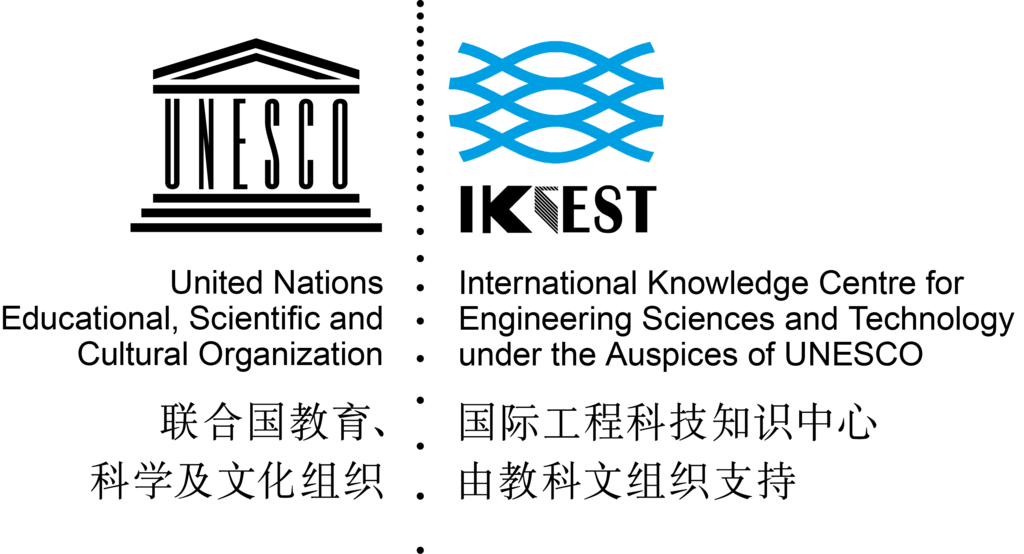
Gender sensitivity in Artificial Intelligence at the STEMM Equality Congress 2018
16 October
https://en.unesco.org/news/gender-sensitivity-artificial-intelligence-stemm-equality-congress-2018c_photography_hucopix_http_hucopix_2.jpg

For the second year running, the STEMM Equality Congress invited Ms. Saniye Gülser Corat, UNESCO’s Director for Gender Equality to give a key-note address. The STEMM Equality Congress (SEC) provides a space for researchers, policy-makers, private sector and government representatives to share diversity and inclusion strategies, actionable policies and tools for the practice of STEMM worldwide. The focus of this year’s Congress was on inter-sectionality and success stories from emerging countries.
On Friday 12 October, Ms Saniye Gülser Corat spoke in front of 350 attendees at the Beurs van Berlage, the former stock exchange and trading centre of Amsterdam, on AI and coded bias against women. The event was hosted by Science Impact Ltd. for the second time, following the success of the Congress in 2017.
Ms Saniye Gülser Corat noted women’s lack of access to information in relation to men, identified as one of three most important issues facing women globally, after poverty and violence. She also spoke of the gender stereotypes perpetuated by artificial intelligence such as female digital voice assistants. Ms Corat highlighted the way in which these assistants were programmed to be polite and dismissive of sexual abuse, in addition to being often set as female voices by default perpetuated negative gender stereotypes; “not only do these programming biases reflect a compliant “boys will be boys” attitude, it magnifies gender stereotypes in programming them as the desired code of conduct. They also fuel stereotypes of women typically holding assistant jobs instead of positions of leadership.” Ms Corat thus advocated the need for gender transformative approaches and construction of technologies, in a context where AI will “increasingly have the authority to influence our views on gender roles.”
She also expressed the need for stronger laws against digital violence and for education, so that women can confidently harness the benefits of technology. The attendees were informed of the UNESCO initiatives on STEM for girls, digital skills and gender equality, as well as on artificial intelligence and gender equality.
Ms Corat concluded her remarks by saying; “We want girls to move full steam ahead towards a career in the discipline of their choice, unrestrained by gendered perceptions of different fields. For this, education is vital.




 User Center
User Center My Training Class
My Training Class Feedback
Feedback

